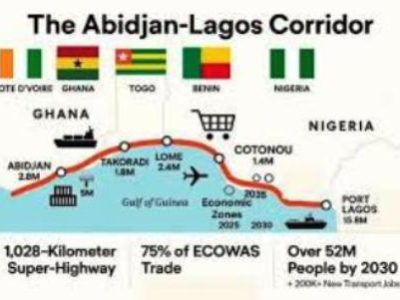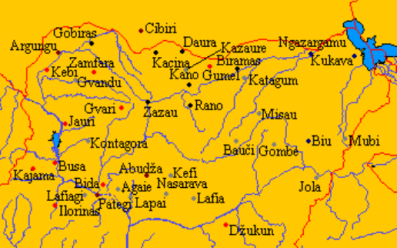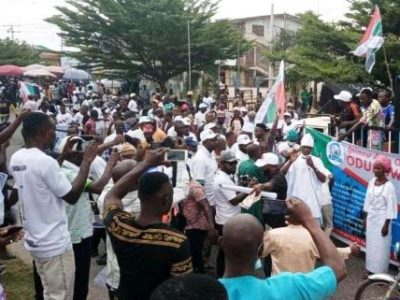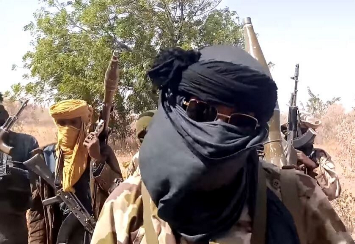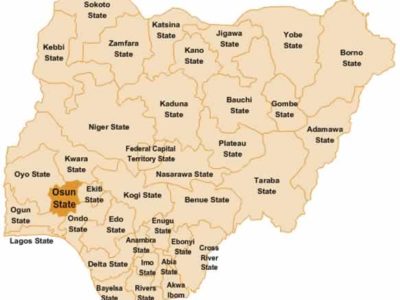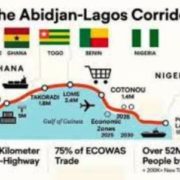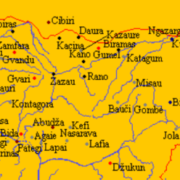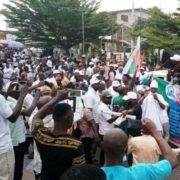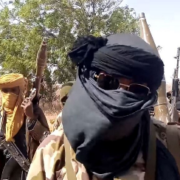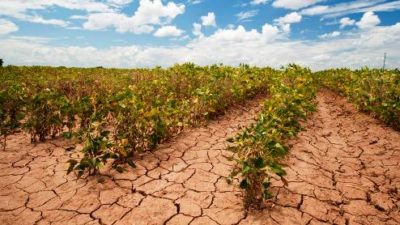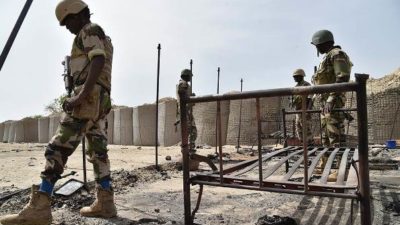A World Bank report says reforms in Niger supported under this operation entail measures to build the resilience of the economy and households to shocks, including growing climate risks
The World Bank recently approved financing to enable Niger to build its economic and social resilience to shocks, develop its human capital, improve access to reliable and affordable energy and digital services, and strengthen economic governance.
The $350 million Budget Support Program is the first in a series of two operations to support the country’s efforts to strengthen the foundations for more resilient, inclusive, and sustainable growth.
“This operation will support Niger’s long-term economic growth against a backdrop of multiple crises and improve living conditions in the country. It will also build human capital by strengthening the quality of education,” said Han Fraeters, World Bank Country Manager for Niger.
The reforms supported under this operation entail measures to build the resilience of the economy and households to shocks, including growing climate risks. Other measures include the establishment of an institutional framework for disaster risk management and expansion of the coverage of the social protection system through the unified social register with improved responsiveness to food insecurity. In addition, the program will help increase access to electricity in a sustainable manner by improving the performance of the Nigerien Electricity Company (NIGELEC) and promoting the use of renewable energy. It also aims to expand access to affordable telecommunication services through increased market competition.
In terms of strengthening human capital, the operation will help improve the quality of education by stepping up the recruitment of qualified teachers.
With regard to economic governance, this program will optimize the management of natural resources, including water, by protecting groundwater-dependent ecosystems and promoting irrigation to build the resilience of the agricultural sector. The program will also enable communities to derive greater benefits from mining through strengthened monitoring of the effectiveness of social and environmental commitments in return for tax exemptions for companies operating in this sector.
“This budget support will contribute to the achievement of the ambitious objectives of the 2022–2026 Economic and Social Development Plan (PDES) that was adopted last June. It will help implement macroeconomic and structural reform programs to stimulate economic growth, reduce poverty, and enable the population to better cope with the various exogenous shocks,” said Rabiou Abdou, Niger’s Minister of Planning.
This operation is being financed by the International Development Association (IDA)* and is in line with the main concepts set forth in the General Policy Statement of the government of Niger and the 2022–2026 PDES.
*The International Development Association (IDA) is the World Bank’s fund for the poorest. Established in 1960, it provides grants and low- to zero-interest loans for projects and programs that boost economic growth, reduce poverty, and improve poor people’s lives. IDA is one of the largest sources of assistance for the world’s 76 poorest countries, 39 of which are in Africa. Resources from IDA bring positive change to 1.6 billion people. Since its inception, IDA has supported development work in 113 countries. Annual commitments have averaged around $21 billion over the past three years, with about 61% going to Africa.


